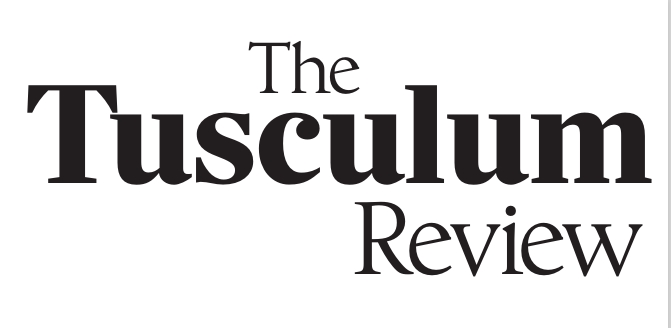Short stories, though brief, have a long lifespan, even if for no other reason than that they have to contain an entire novel’s worth of living into a small space. So a couple years ago, after several unsuccessful beginnings that failed to find a plotline, I found myself entrenched in a series of short-shorts. Flash fiction, by providing immediate limitations, offered a specific challenge that was a bit more manageable. As a writer, I could always sense the end in sight, which made for a feeling of freedom I image only poets can recognize. And yet as a reader I know poems, due to their density, often demand more of an audience. They not only require attentiveness and a certain amount of patience, done well poetry also generates a sustained intensity. In other words, concision tends to rely on acute focus—a practice too often ignored in prose.
So a few summers ago, while undergoing the frustration of writer’s block, my front porch became victim of random bird attacks. Every day a confused sparrow inexplicably, and repeatedly, flew into our living room window for hours on end. At first, it was a wonderful, maddening distraction from writing, until the incident at last insisted on becoming the first lines of story. However, with just this conceit as an initial premise, the narrative turned rather thin and unexceptional—there was no core to move the thing forward or (to use the tired workshop vernacular) there was nothing at stake.
Robert Olen Butler says every successful story has to have an overriding sense of yearning below the surface. Yet beyond this internal desire, I think most stories also seem to be about the loss of control. Something unmanageable has to occur, answering the questions: Why is this emerging now? Why is this moment important as opposed to yesterday, next year? The birds were a helpful antagonist, an opposing pressure to push against my characters restraint. But it was only when the repressed motivation behind their resolve was at last revealed to me that the story found its emotional footing. But though the external and internal worlds were established, the story remained stagnant until I discovered that the younger son had a larger role to play. His composure during the family crisis gave the narrative a fresh foundation about the nature of loss and provided an unexpected connection between the exterior and inner worlds of my characters. And though the depth of the subject matter seemed epic enough to span an entire book, compressing it into a few small pages is essentially what gave the piece its muscle.
Takeoff
Bio
Other Featured Artists
